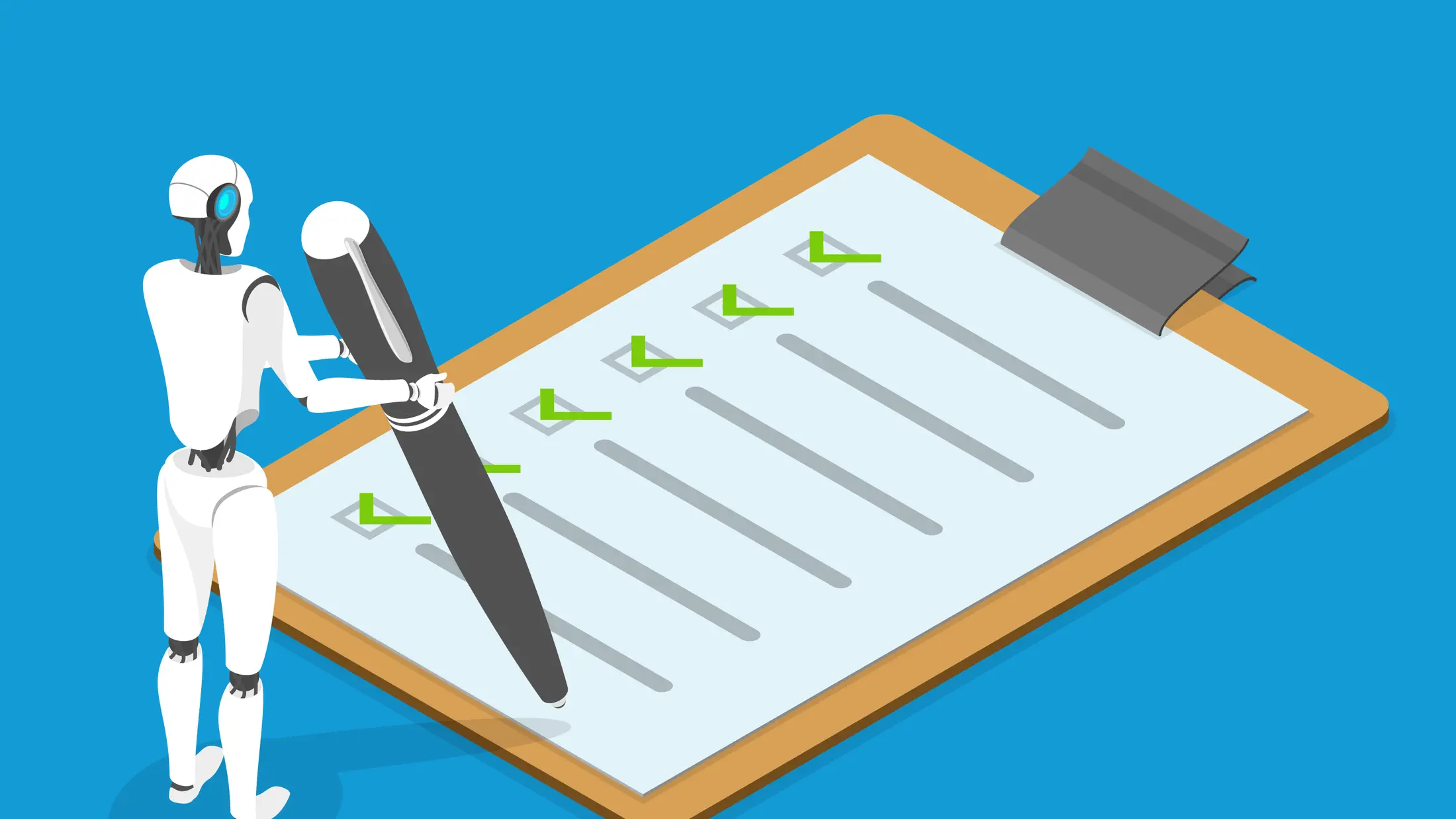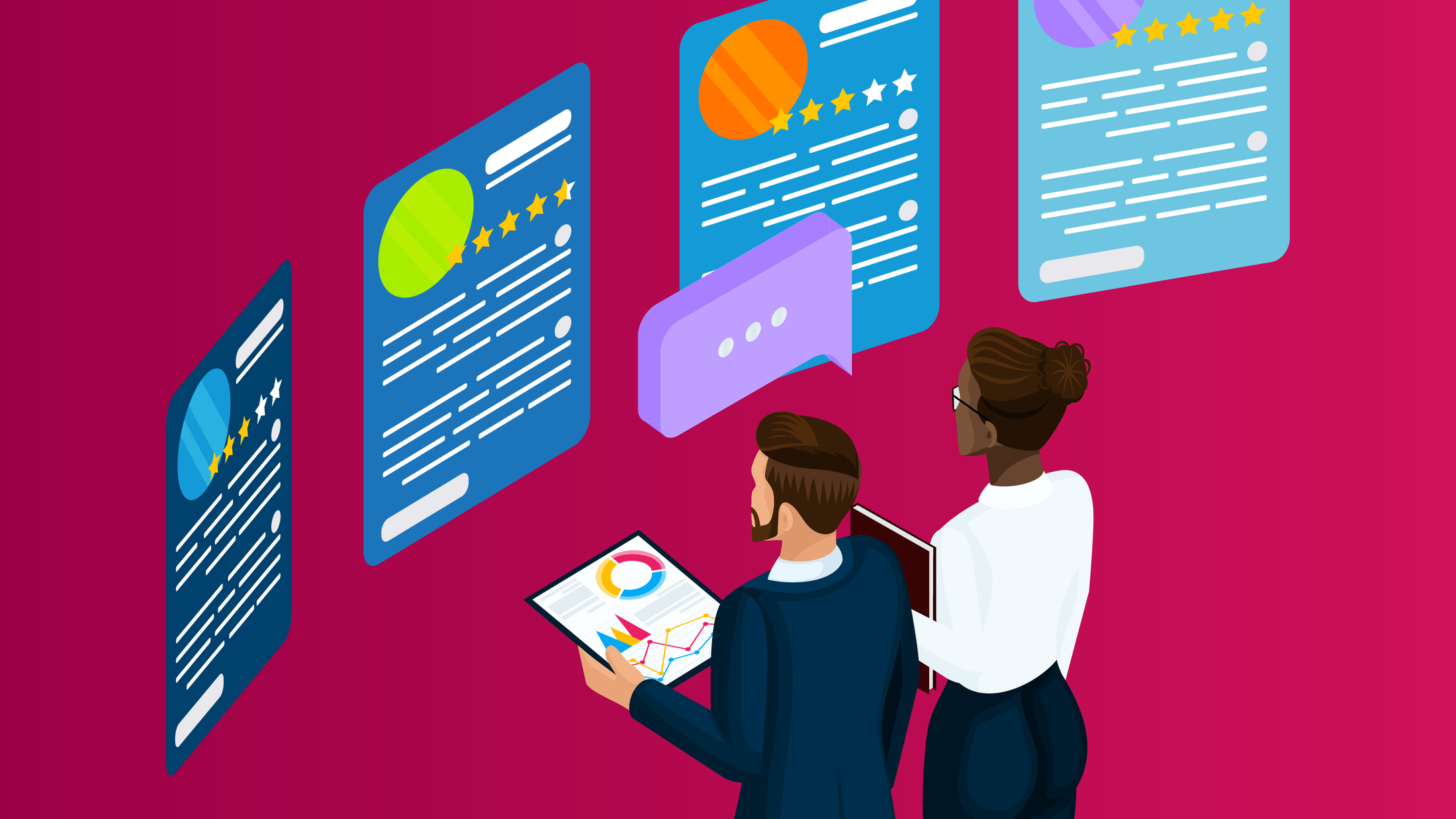You see, Charles Dickens was one of the few literary artists who achieved worldwide fame in their lifetime – and his works were so popular, that publishers on both sides of the Atlantic couldn’t keep up with demand. His intellectual work was protected in Britain, but the same was not true for the States, as there were fewer regulations in place which defined ownership and the ensuing rights that went along with it. The brazen copying and editing of his work irked Dickens greatly, but he had little legal recourse in his day.
As America began to assert its cultural strength and technological innovation chops more, inventors and owners of intellectual property worth protecting increasingly lobbied for regulations designed to ensure ownership rights. Over decades, this process repeated itself in countries around the world and slowly developed into the IP landscape we know today. But where did it all start and what makes a country stop copying and start protecting intellectual property instead?
Read all about it in this short but fascinating history of intellectual property on the BBC news site: http://www.bbc.co.uk/news/business-40029781



